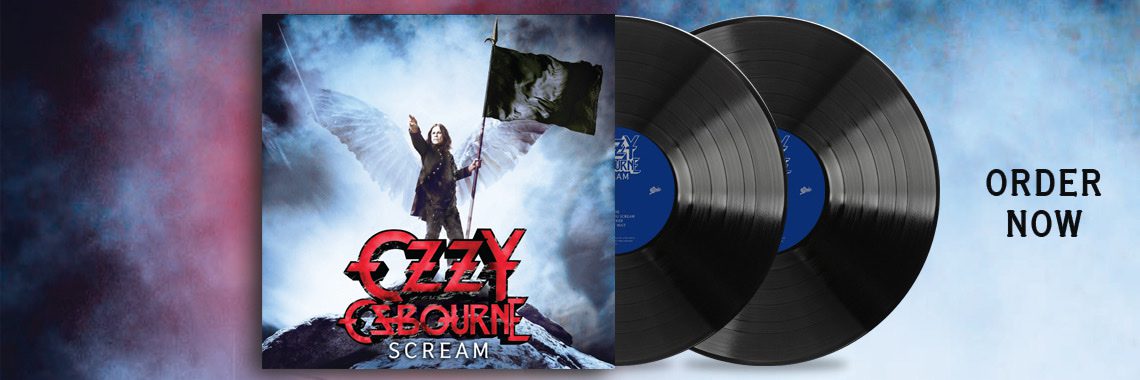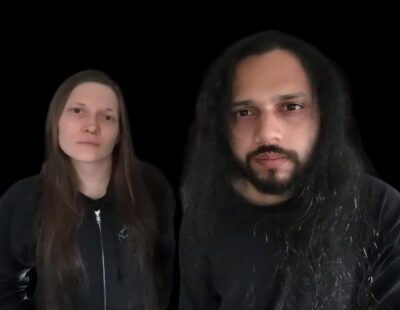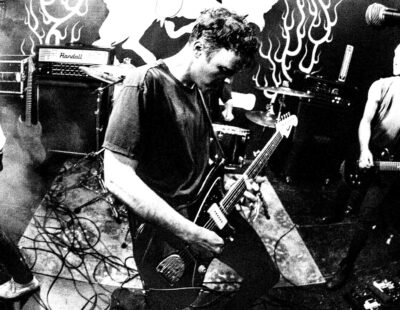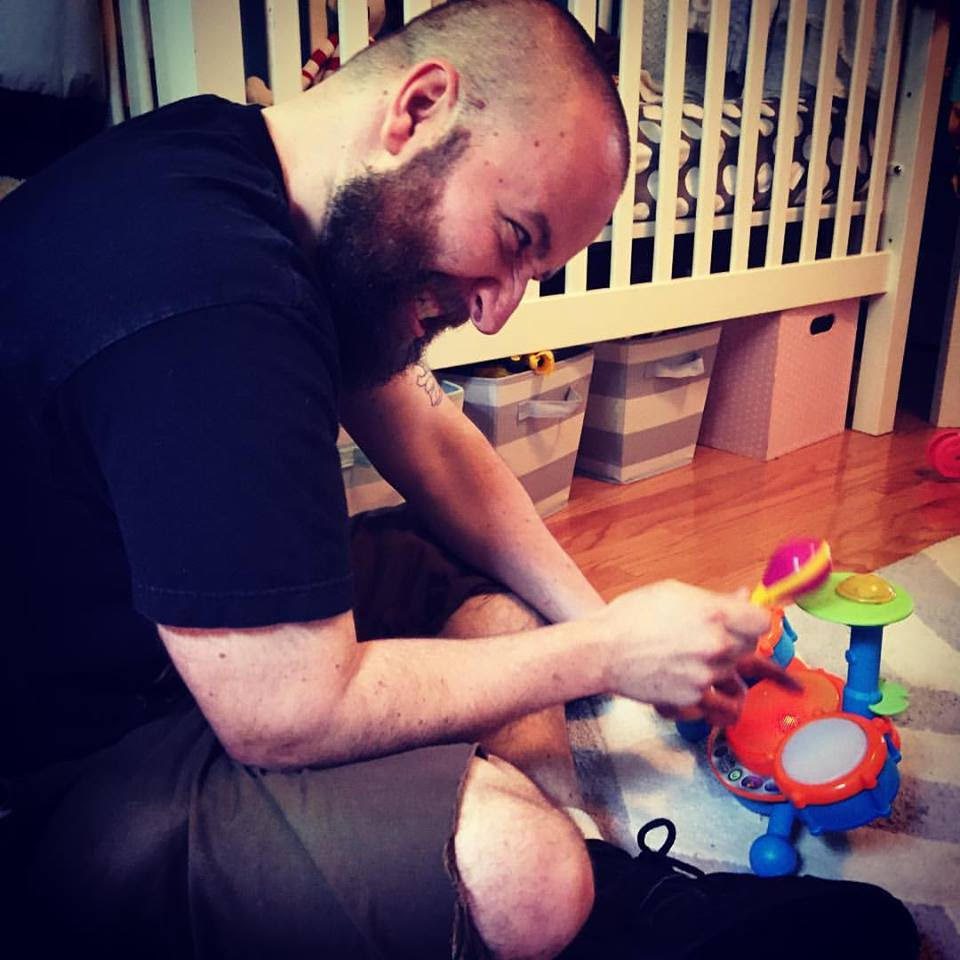
Mike “Gunface” McKenzie — the perception-scrambling metal visionary hitherto best know as the guitarist of The Red Chord and mastermind behind Stomach Earth — recently recorded a song for Sesame Street entitled “6 Steps to Potty Training.”
Obviously, we needed to know more, and so we got ahold of Gunface for a chat about scoring score work, going from Clients to the ‘Street, and why he believes these “smiley, happy tunes” will help his metalworks “become a lot darker and sink further into the putrid swamp of puke”…
So. Which Red Chord song did you send Children’s Television Workshop to land the Sesame Street gig?
“Responsibles.” I told them I’m an adult now and I’ve got responsibles so I should be good with kid’s tunes.
Ha! No, seriously, how did this all come about?
I started working with a music house called Skyrmish a little while back. They’re based in LA and London. Chris Sousa, one of the guys in LA, is an old friend of mine and he asked me if I was interested in helping with putting some music libraries together for advertisers. I’ve been writing all kinds of stuff that has been outside of my comfort zone. It’s fun.
You mention on your blog the surreal-ness of writing for a show you watched as a kid. Can you elaborate a little on your history with Sesame Street?
Like a lot of people, I grew up watching Sesame Street. When I was real young, there was this stop motion animated short with an orange that sang some operatic piece very intensely. It had a rubber band mouth and maybe button eyes. At the end of the clip, the orange hits some high note and its face flies off. It scared the shit out of me as a kid but I also kind of loved it. Other than that, I always enjoyed the humor and characters on the show. I have a sister who is six years younger than me and she watched it as well. It was still funny even when I was older. The show has always transcended age, in my opinion.
Did you inject anything from your “era” of Sesame Street fandom into the track?
I haven’t seen the show in years, so I mostly drew inspiration from my memories of it to deliver something I thought they’d like. I always loved the songs as a kid. I still have the song “Everybody Eats” in my head from time to time.
Can you tell me a bit about the writing/recording of “6 Steps to Potty Training”? It sounds very freeform and fun, but I assume it also took a degree of intentionality and effort to make it come off as such.
We were given storyboards, which are a little tricky to write music around. Conan and Tom Skyrme — the brothers behind Skyrmish and the other two on the project — both had to write more traditional structured songs for their visuals. Mine was based around the sound design. I recorded the sounds from my bathroom first. They had the steps laid out with certain sounds they wanted. Initially, I arranged a beat with the sounds of the bathroom but that got a little cluttered so we went with a more minimal piece. I recorded some of my friends’ kids yelling the words to each section with a little bit of voice over I did myself. I threw a little melody to make it fun and the bass line sort of bridged it all together. I was imagining some cartoon or muppet kid conga line while writing it. I tried to think of what I would like if I was a small kid again.
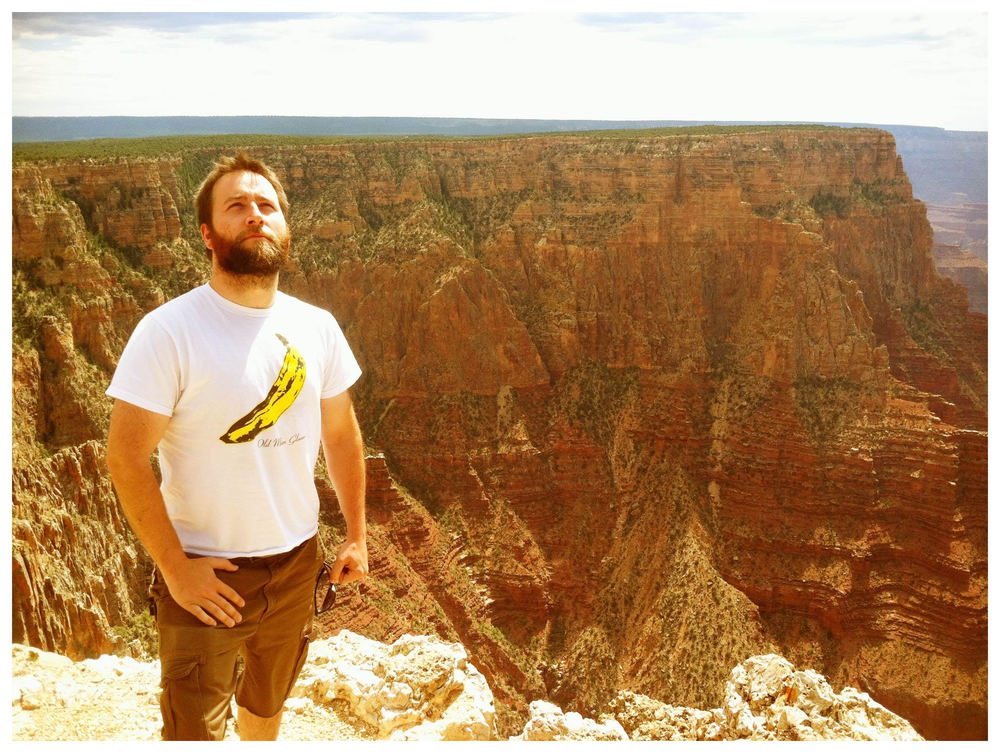
Obviously, The Red Chord is a musically accomplished, weirdly diverse outfit and Stomach Earth teased a lot of textures out of distorted riffage — which is to say, from the present, it makes sense that you would be able to channel that sort of clever compositional prowess and technical ability in areas outside of metal. But I’m curious when you started to recognize that might be possible? Has this always been something you wanted to do or an evolution in your thinking as a musician?
Well, for a long time I’ve wanted to write for video games and film. I think I realized that maybe about fifteen years back? I like the challenge of working on different projects all the time. Especially when they’re stylistically new to me. But mainly, my love of music stems from my love of stories and storytelling. I’ve always been excited by the idea of music conveying some complex idea, sometimes even with just a few notes. Whether it’s metal, blues, classical, drone, etc. Pairing music with another person’s vision is very rewarding, I think. Their work draws ideas out of me that I might never have explored. Or it helps me find music that could exist. I feel like writing music is just finding existing combinations of sounds and I’m lucky enough to be able to find them.
Some of the main differences are obvious, but is there anything that surprised you or presented a particular challenge for you when you moved to from pure songwriting to composing and directed work?
The most fundamental difference was a little difficult at first. Spending years writing exactly what you want and switching to writing what someone else wants is a little weird, in the beginning. I guess one thing that was a surprise to me was how out of touch I had become with what most people find catchy and accessible. Sometimes I’ll write something that I think is so straightforward and simple but it’s perceived as weird or technical. Lots of Watchtower and Deathspell Omega riffs in my head have clouded that judgement a bit. I have to remind myself that in extreme metal we are so used to sounds that most people find bizarre and unlistenable. I try to apply a bit of a filter to my perspective while I work with this stuff. I wrote a piece for a video for Janssen a few years ago. When a friend of mine listened to it, she said, “You snuck a polyrhythm in there!” I didn’t even realize I did it. They approved it though.
Have you progressed as a musician through doing this sort of work?
Definitely. Writing happy-sounding catchy tunes has forced me to work in areas that I previously had hardly explored. Most of the time, they want major scale melodies and upbeat rhythms. It has me studying music from a completely different angle. It has forced me to become a better engineer as well, as most of this stuff needs to sound clean and pristine. I can’t bury a badly recorded instrument in a wall of noise or growling. I have to think about the perspective of the listener a lot more as well. With something like Stomach Earth, I only considered how I perceived it. It was completely self indulgent, the polar opposite of this. I feel that this music is helping to balance my creative flow a bit, too. I think now that I’m writing more smiley, happy tunes my other work will become a lot darker and sink further into the putrid swamp of puke!

